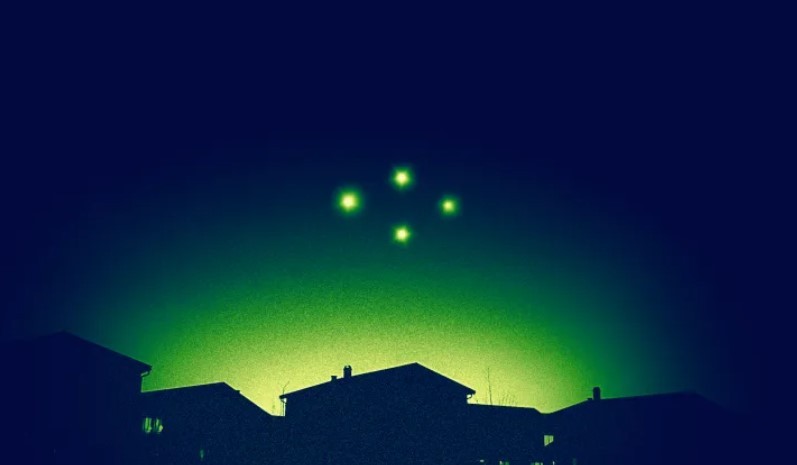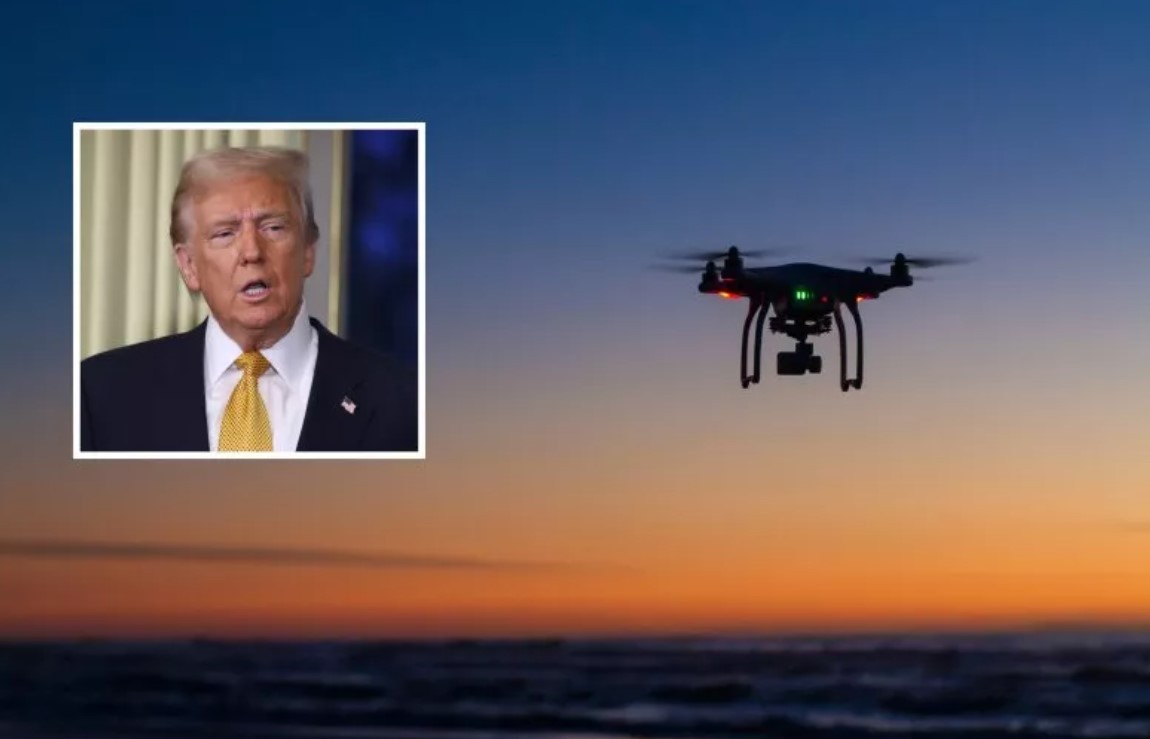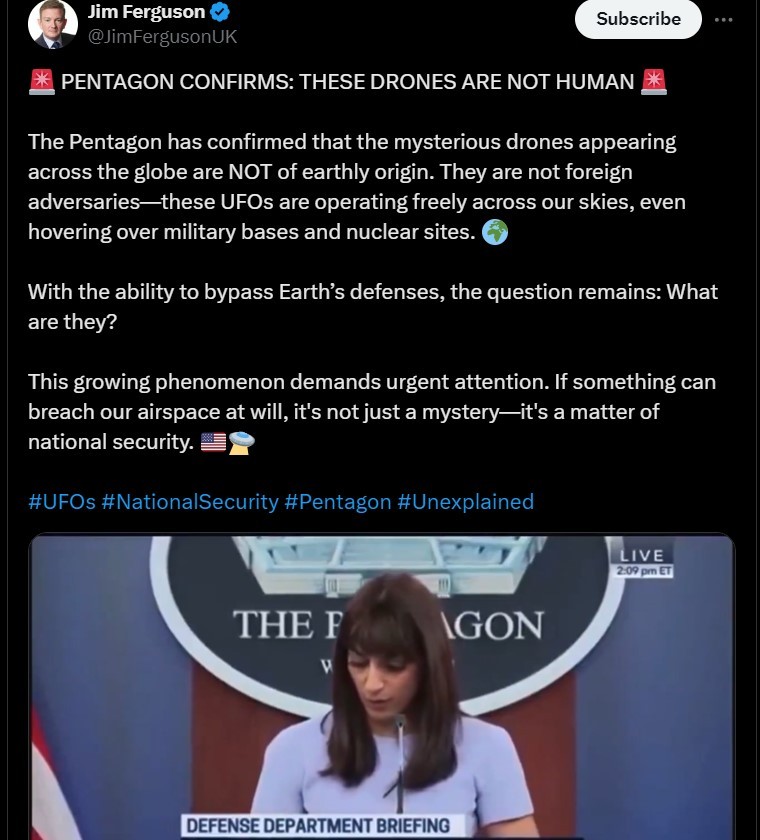Can I Shoot Down the Mysterious Drones Disrupting American Skies?
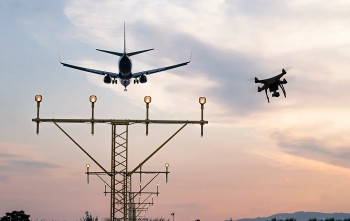 What Are The Mystery Drones Flying Over the U.S: Timeline, Locations, and Unanswered Questions What Are The Mystery Drones Flying Over the U.S: Timeline, Locations, and Unanswered Questions |
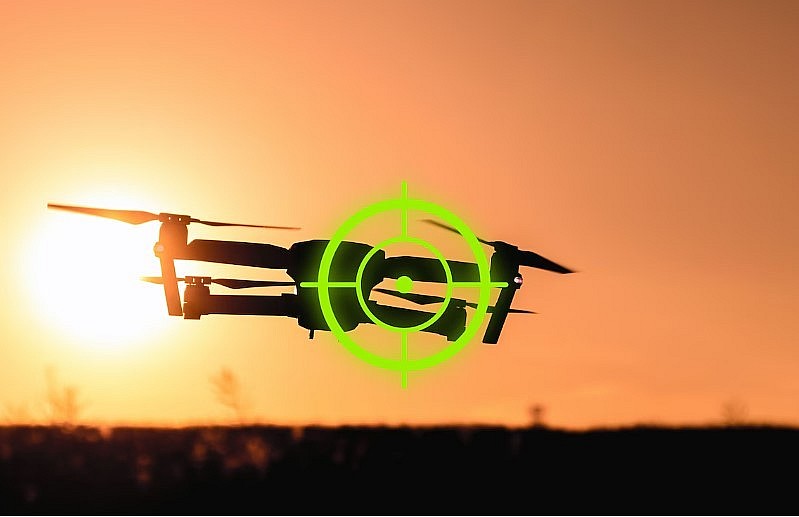 |
| If you see a ‘mystery’ drone hovering overhead, can you shoot it down? |
Overview: The Mysterious Drones Over American Skies
In recent months, reports of mysterious drones swarming across various states in the U.S. have raised alarms. From the rural plains of Colorado to suburban neighborhoods in New Jersey, New York, and more.
The activity has not been limited to rural areas. Urban regions, including parts of New Jersey, have also reported unexplained drone operations. In Bergen County, for example, a drone was spotted hovering near a school, prompting a temporary lockdown and a strong response from law enforcement. Despite investigations, the drones have proven elusive, disappearing before authorities can trace their origin or operators.
These incidents have raised alarms about privacy, national security, and aviation safety. With no individual or organization claiming responsibility, the sightings remain a mystery, fueling a mix of frustration, fear, and curiosity among the public and officials alike.
What are these drones? Who operates them, and for what purpose? More importantly, what legal recourse do individuals or communities have against them? While some advocate shooting them down as a solution, the reality is far more complex, fraught with legal, practical, and ethical dilemmas.
Here's the video that is going viral on the social media "Shoot down a drone in New Jersey":
Speculations About the Origin
1. Government or Military Operations
One of the most prevalent theories is that these drones are part of government or military experiments. Some speculate that they may be testing advanced surveillance technology or mapping systems. However, the FAA and the Department of Defense have repeatedly denied any involvement.
2. Commercial Enterprises
Another theory is that the drones are operated by corporations, possibly for research, mapping, or delivery testing. Companies like Amazon, which has been developing drone delivery systems, have been named in these speculations. However, no major corporation has admitted responsibility, and the flight patterns suggest operations far beyond the scope of ordinary commercial testing.
3. Foreign Entities
The possibility that these drones are operated by foreign powers conducting surveillance has also been raised. While there is no concrete evidence, the advanced technology and coordinated patterns lend some credence to this theory.
4. Private Hobbyists or Rogue Operators
Finally, some believe these drones are piloted by hobbyists or rogue operators conducting experiments. This is the least alarming possibility but still poses questions about accountability and regulation.
Learn more: Fact-Check: Shooting Down the Mysterious Drones in New Jersey
Calls to Action: The Push to Shoot Down Drones
Public Frustration
The growing number of drone sightings has stoked frustration among ordinary citizens, many of whom feel powerless to protect their privacy and safety. On social media platforms like Twitter and Facebook, calls to "shoot them down" have become increasingly common, often trending in local communities where drone sightings are frequent. Some private homeowners, particularly in rural areas, have publicly declared their intention to use firearms if drones invade their airspace.
Statements from Public Officials
Certain public officials and agencies have also suggested more aggressive measures:
• Sheriff Departments in Rural Areas: In Colorado, sheriffs from Phillips and Yuma counties—two hotspots for drone activity—openly discussed the possibility of residents taking defensive action. While they stopped short of encouraging illegal acts, their comments reflected the frustration of local law enforcement over the lack of federal guidance.
• Local Legislators: A county commissioner in Nebraska was quoted during a public meeting saying, “If we can’t get answers from the FAA, people are going to start taking action themselves. I wouldn’t blame them.”
• Politicians in New Jersey: A state senator in New Jersey suggested during a town hall meeting that the state legislature should explore allowing private citizens more leeway to defend their property from unauthorized drones. This comment was met with applause from attendees but was criticized by legal experts as promoting vigilantism.
President-elect Donald Trump: 'Shoot Them Down'Donald Trump, the incoming president, has advocated for the shooting down of "mystery drones" that have been recently spotted in New Jersey and other locations across the nation. On Friday night, Trump advocated for taking down the drones and implied that the administration of President Joe Biden was hiding the sightings. "Mystery Drone sightings all over the Country," he wrote in a post to Truth Social. "Can this really be happening without our government's knowledge? I don't think so! Let the public know, and now. Otherwise, shoot them down!!! DJT." |
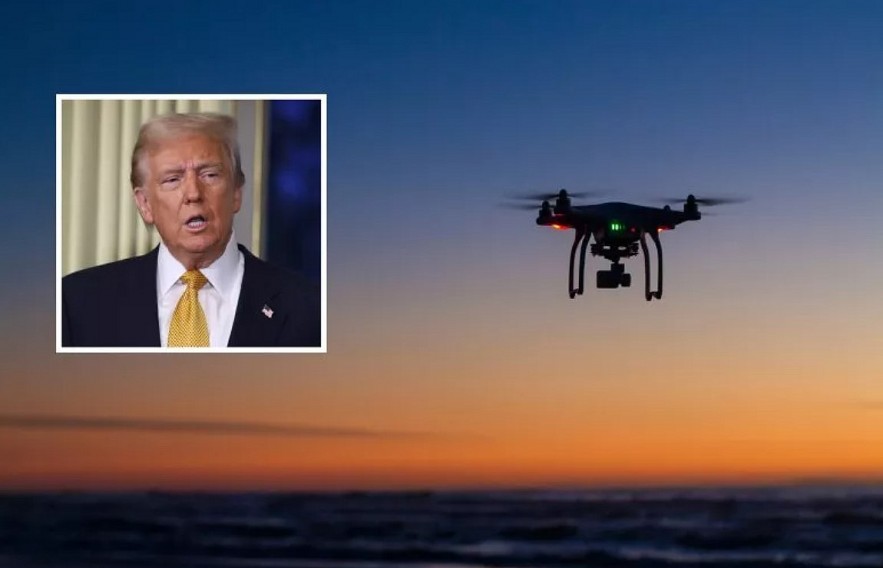 |
| Trump Weighs In on 'Mystery Drone Sightings': 'Shoot Them Down' |
High-Profile Advocacy Groups
Some advocacy groups have taken up the mantle, calling for clear rules on when citizens can shoot down drones:
• Privacy Advocacy Groups: Organizations like the Electronic Privacy Information Center (EPIC) have argued that homeowners should have the right to defend their privacy from low-flying drones, potentially including the use of “reasonable force.”
• Gun Rights Organizations: Groups like the National Rifle Association (NRA) have framed the issue as one of property rights, advocating for laws that explicitly allow firearms to be used against drones trespassing in private airspace.
Military and Security Experts Weigh In
Though typically cautious, some retired military officials and private security consultants have expressed support for limited use of force. For instance:
• Colonel (Ret.) John Spencer, a widely recognized military strategist, stated in a public interview that “under extreme circumstances, shooting down a drone could be justified, but only if the operator poses a clear and imminent threat.”
• Private Security Firms: Companies specializing in drone defense technology have indirectly endorsed aggressive measures by marketing drone-jamming systems and signal disruptors as alternatives to firearms.
Pushback from Federal Agencies
Despite these calls, federal agencies such as the FAA and the Department of Justice (DOJ) have firmly opposed any action that involves shooting down drones. In a statement issued in response to Colorado’s drone swarms, an FAA spokesperson reiterated, “Private citizens are not authorized to take down drones under any circumstances. Such actions pose significant risks to public safety and violate federal law.”
The juxtaposition of public outcry, local encouragement, and federal restraint underscores the growing tension surrounding drone sightings. Without clear answers or regulations, the pressure to take unauthorized action may only increase.
 Stewart Airport Shut Down Due to the Drones: 'This Has Gone Too Far' Stewart Airport Shut Down Due to the Drones: 'This Has Gone Too Far' |
Legal Implications: Navigating the Complexities
Federal Protections for Drones
Under Title 18, Section 32 of the U.S. Code, drones are considered “aircraft.” This designation means that damaging or destroying a drone is a federal crime, akin to shooting down a manned airplane. Penalties include substantial fines and potential prison time.
Property Rights vs. Airspace Laws
The tension between private property rights and airspace regulation is a significant issue. While property owners can control access to their land, the FAA regulates all airspace above it. This means that a drone flying at legal altitudes is not necessarily violating property rights, even if it is unwelcome.
State-Specific Laws
Some states have enacted drone-specific laws. For example:
• Colorado: Prohibits the use of drones to invade privacy but does not allow private citizens to destroy them.
• New Jersey: Has strict anti-drone laws but no explicit provisions allowing for defensive actions by citizens.
• Texas: Allows for some flexibility in protecting critical infrastructure but not personal property.
Civil Liability
In addition to federal and state laws, individuals who shoot down a drone may face civil lawsuits from the drone’s owner for damages, lost income, or other claims.
Risks and Challenges of Shooting Down Drones
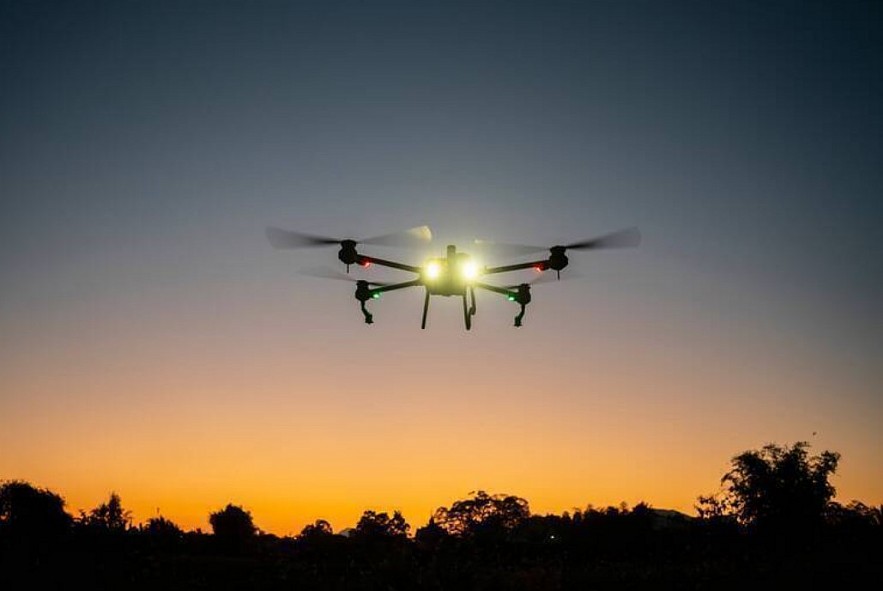 |
| Mysterious Drone Activity at Night |
Safety Concerns
• Stray Projectiles: Bullets or other projectiles fired at drones can cause unintended harm to people, animals, or property.
• Collateral Damage: Falling drone debris could injure bystanders or damage structures.
Technological Countermeasures
• Anti-Drone Systems: Technology such as signal jammers or net-based capture devices offers non-lethal alternatives but may require special licensing.
• Geofencing: Some drones can be programmed to avoid restricted areas using geofencing software, but this relies on compliance by operators.
Practical Tips for Handling Suspicious DronesDocument the Event: Record video or take photos to capture the drone’s appearance and behavior. Report to Authorities: File a report with local law enforcement or the FAA. Include details like the drone’s size, location, and flight pattern. Engage in Dialogue: If you suspect the drone belongs to a neighbor or local hobbyist, try to discuss the issue diplomatically before escalating. Consider Deterrents: Install anti-drone technology such as radar-based detection systems or acoustic deterrents. |
Conclusion: Cooperation Over Confrontation
The mystery surrounding these drone sightings has highlighted the need for clear regulations and collaborative solutions. While shooting down a drone may seem like a quick fix, it is fraught with legal and safety risks. Instead, individuals and communities should work with local authorities and leverage emerging technologies to address the issue. Until more is known about these drones, vigilance and responsible actions remain the best course of action.
FAQs
1. Can I legally shoot down a drone flying over my property?
No, under federal law, shooting down a drone is considered a criminal act.
2. What should I do if I feel threatened by a drone?
Report the incident to local law enforcement and document the drone’s behavior.
3. Are there legal ways to protect my property from drones?
Yes, anti-drone technology such as net-based systems or radar detection can help, but may require proper licensing.
4. Why has no one claimed responsibility for these drones?
The lack of accountability remains one of the greatest mysteries, fueling speculations about their origin.
5. Could these drones pose a national security threat?
While no concrete evidence exists, their coordinated patterns and advanced technology suggest they could be used for surveillance or other purposes.
 Top 15 Horrifying Military Drones/UAVs: Capabilities and Features Top 15 Horrifying Military Drones/UAVs: Capabilities and Features Military drones, also known as unmanned aerial vehicles (UAVs), are demonstrating their terrifying power in the war and conflict in Ukraine and the Middle East. ... |
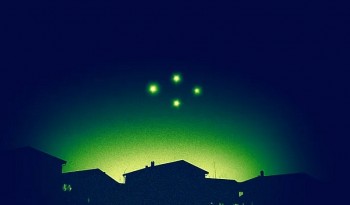 Mystery of the New Jersey Drone Flights: No Iranian Ship, No Chinese involvement, and No UFO Mystery of the New Jersey Drone Flights: No Iranian Ship, No Chinese involvement, and No UFO Recent mysterious drone sightings over New Jersey have sparked speculation about foreign adversaries and extraterrestrials. Officials, however, have found no evidence supporting such claims, urging ... |
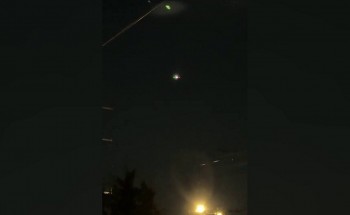 Drones First Surfaced in Connecticut: From Military or Neighboring States? Drones First Surfaced in Connecticut: From Military or Neighboring States? In the quiet suburban and rural areas of Connecticut, residents have recently reported mysterious drones appearing in the night skies (Thursday, Dec.12). |
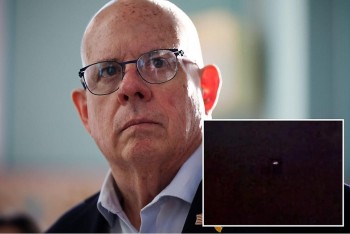 Dozens of Drones Flew Over Home of Ex-Maryland Gov. Larry Hogan Dozens of Drones Flew Over Home of Ex-Maryland Gov. Larry Hogan Former Maryland Governor Larry Hogan reported observing numerous unidentified drones hovering over his residence in Davidsonville, Maryland, approximately 25 miles from Washington, D.C. |


